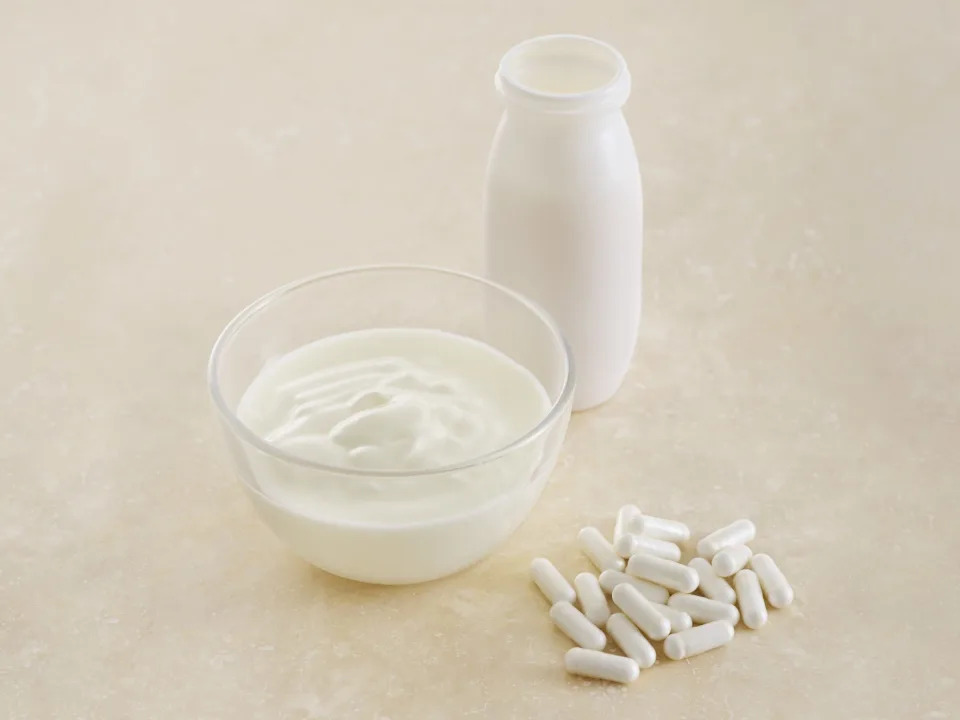Probiotics are bacteria that live in our bodies and are also found in fermented foods like yogurt, cottage cheese, buttermilk, and pickles pickled in brine. It can be difficult to navigate the vast array of probiotic supplements on the market.
There are thousands of strains of probiotics. Each one plays a role in the health of our bodies, from gut and vaginal health to mental health. Many of these strains are available in dietary supplements, but most lack scientific study to determine whether they actually improve health.
Despite the lack of research, the $60 billion probiotic supplement industry is expected to grow at 9 percent each year until at least 2028. Alexandra Shustina, a gastroenterologist and internist, told Business Insider that research still has a lot to learn about how probiotic strains affect the body. In particular, a balanced diet with fermented foods offers the most benefits for the gut, according to Shustina.
“I don’t think that dietary supplements are necessary for healthy people if they’re getting what they need from their diet. It’s entirely possible, but they need to be educated about what they should be eating,” Shustina said.
Certain strains of probiotics can treat digestive issues and other issues
Shustina says she often treats patients with irritable bowel syndrome in her practice. Irritable bowel syndrome is a condition that affects 10 to 15 percent of adults and causes diarrhea, constipation, gas, bloating and abdominal pain.
Shustina explains that some of the probiotic strains used to treat irritable bowel syndrome are Lactobacillus rhamnosus GG, Lactobacillus plantarum, and Bifidobacterium bifidum. Certain probiotic strains can also help people who are taking antibiotics to treat an infection. Because while trying to kill the bad bacteria that cause disease, antibiotics can inadvertently kill the “good bacteria” that live in our bodies as well. Reintroduction of the organism Saccharomyces boulardii can mitigate these side effects.
Probiotics can also relieve symptoms of eczema, a common skin condition that causes red, itchy flare-ups. Shustina says Lactobacillus types of probiotics, specifically Lactobacillus rhamnosus GG, may help people with eczema.
Fermented foods provide the body with diverse and rich probiotic strains
For most adults, Shustina says, the best way to keep your gut healthy is to eat a probiotic and high-fiber diet. Fiber is sometimes called a prebiotic because humans can’t digest it, but bacteria can. The bacteria can use the fiber as fuel to live longer in the gut and help the body with immunity and digestion.
Sourdough bread, sauerkraut, kimchi, and yogurt are foods that contain enough probiotic strains for a healthy gut. The doctor advises people who don’t like these foods to lightly ferment their own vegetables in salt water. Sleep, exercise, and managing stress also help maintain a healthy microbiome, Shustina says.
The strains to look out for when purchasing probiotic supplements
If your diet is low in probiotic-rich foods, look out for supplements that contain different types of Lactobacillus strains, including Lactobacillus acidophilus and Bifidobacterium strains, Shustina says.
But be careful: Because the supplement industry is largely unregulated, illegal vendors can offer pills that don’t contain what’s listed on the bottle, Shustina says. She recommends asking a doctor, health coach, or naturopath about professional-brand probiotic supplements.
“If you are not sure, food is always safer than medicine. Especially if you’re generally a healthy soap, your diet should be the best way to get probiotics,” says Shustina.

